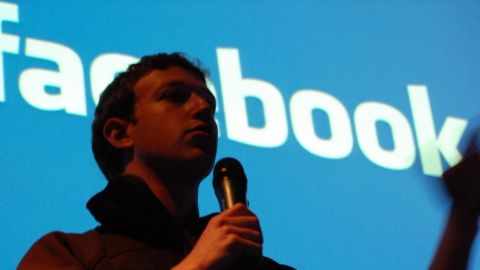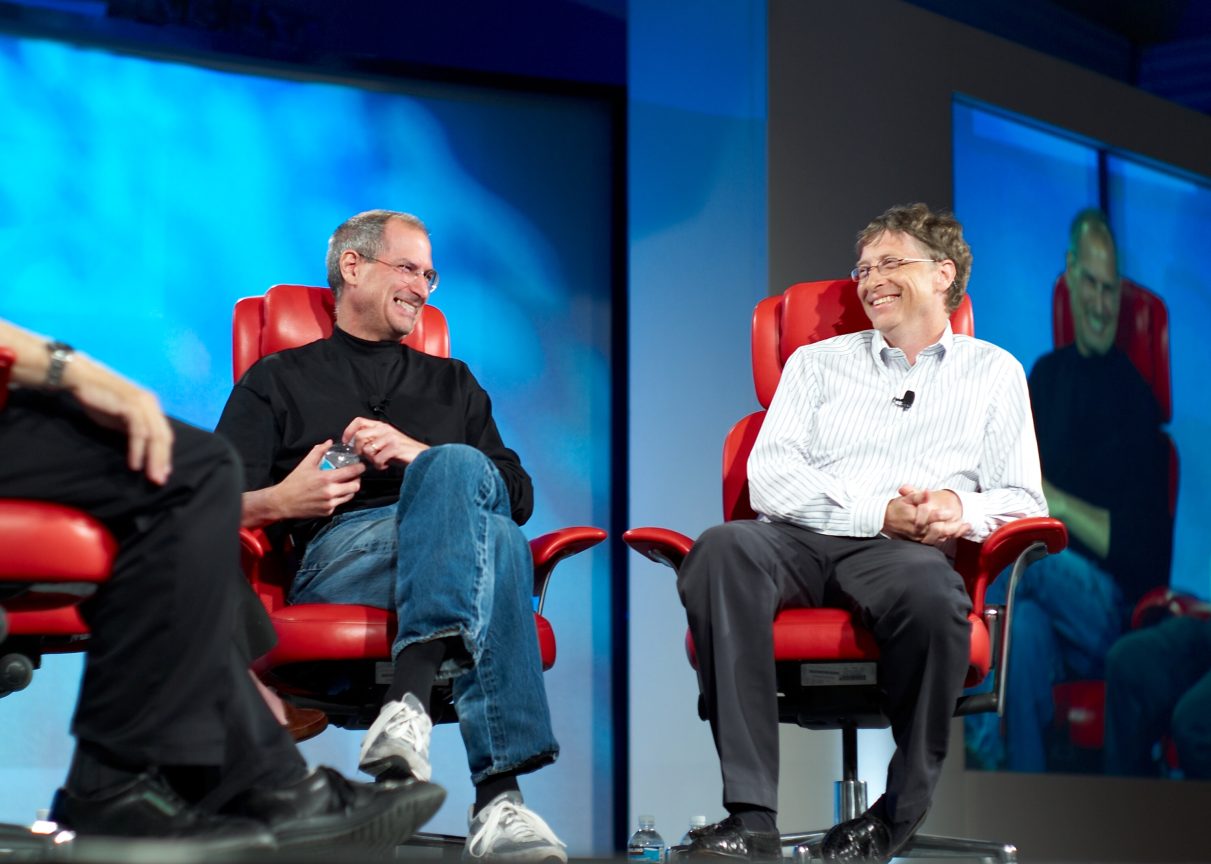What Happens When Facebook BECOMES the Internet?

What’s the Big Idea?
In terms of all the time that is spent globally on the Internet, Facebook currently commands 12 percent market share. When might Facebook breach the 50 percent mark and what would that mean?
According to Scott Galloway, professor at NYU’s Stern School of Business and an expert on digital strategy, total Facebook dominance could happen in the next 18 to 24 months. At that point, Galloway says, “Facebook becomes the Internet, and the Internet is just the underlying platform that powers it.”
This is what it would take for Facebook to get there: let’s say the company continues to grow at the current rate, and doubles its users to 1.5 billion in the next 18 to 24 months. Then imagine Facebook is able to continue to innovate around product development, and the per capita consumption of the amount of time we spend on Facebook doubles as well.
Then all of a sudden, the Internet, the greatest technological innovation “since Guttenberg’s printing press” has been “effectively co-opted” by a single a private company. In other words, Facebook will be the de facto operating system of the Internet. “We’ve never had that before,” Galloway says.
What’s the Significance?
“People tend to think of new technologies as being complementary to everything, and that’s just not the case,” says Galloway. In fact, the battle for Internet market share has become “a bit of a zero sum game” that will feature “a lot of big winners and a lot of big losers.”
Consider, for instance, a company like Zynga, a gaming company that Galloway describes as “one of those remora fish around Facebook that are going to grow much faster than the rest of the ecosystem.” In other words, Zynga has used Facebook’s popularity to drive shareholder growth, “and that’s a company likely worth billions, if not tens of billions almost within a fairly short period of time,” says Galloway.
On the other hand, Galloway warns about those companies that are still dependent upon a traditional, “desktop-based, client-based computing model that could suffer hugely.”
If Galloway’s argument pans out, it is hard to understate just how much the success of one company will result in “a dramatic reshuffling of the deck, faster than we’ve ever seen before.” As we see the Internet mature as an industry, and Facebook increase its dominance, every day it gets more difficult and expensive to drive traffic to your site. To succeed, you’re going to have to become really good at answering this question:
What are we doing that’s really remarkable that would inspire people to share?
According to Galloway, that is the equivalent of people tearing out a page in a magazine and showing it to all their friends. Brands that fail to answer this question well will be doomed to “pay an increasingly ineffective and expensive tax called traditional broadcast advertising.”





